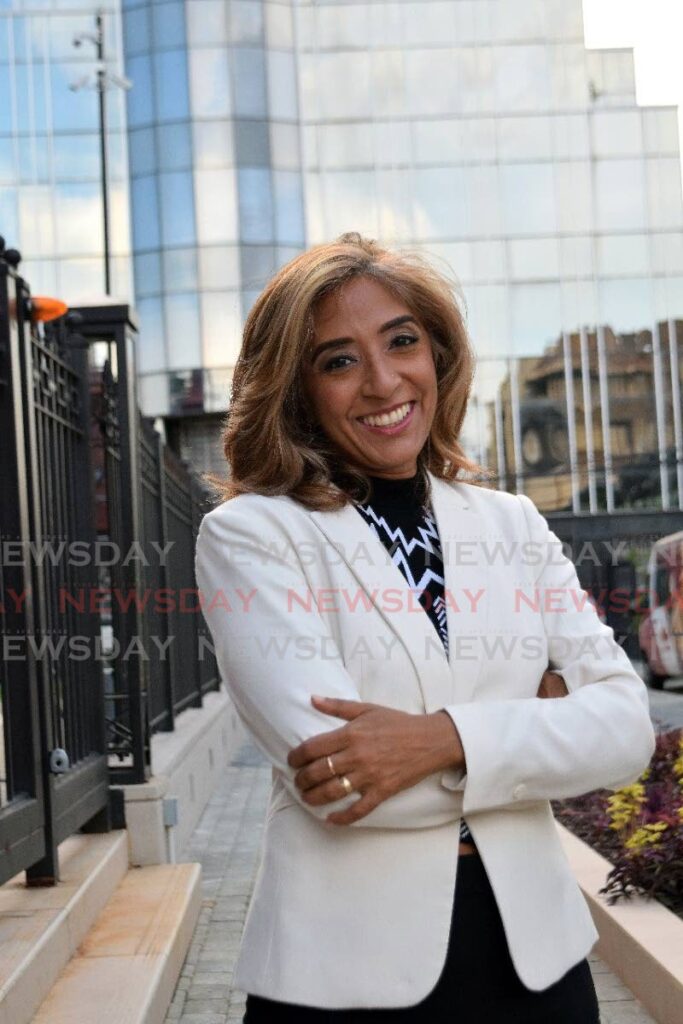Memories of a scholarly giant

DR GABRIELLE JAMELA HOSEIN
ALL MEMORIES are partial and personal. They may not reflect or convey public personas and they may not narrate whole biographies, but they are how those we know and love live on.
In my memories, Prof Selwyn Ryan is sitting at his desk in his office at the Sir Arthur Lewis Institute for Social and Economic Studies (SALISES), working on one book or another, happy to spend an hour or two talking whenever I stopped in to say hello. It was like this for more than a decade.
We spent endless afternoons after he retired as director of the Institute for Social and Economic Research (ISER) discussing politics while I combed his library shelves and asked him about one moment or another in our history. He always had the backstory or analysis of a situation that you couldn’t find easily in print.
When I think about the UWI, I think of professors like him; biologist Julian Kenny, historians Bridget Brereton and Brinsley Samaroo, economist Norman Girvan, literature scholar Ken Ramchand, and of course IGDS’s Rhoda Reddock and Patricia Mohammed.
These are scholarly giants who, because they are academics invested in ideas, books, knowledge and the region, and because you could run into anybody crossing the quadrangle or in the library or at a conference, were more accessible than they may seem on paper or in the press.
Indeed, it’s when they are retired that they may have more time, have accumulated an encyclopaedic understanding of the Caribbean, and perhaps most welcome younger students excited to access so much that’s not quite published anywhere. The place comes to have meaning through these relationships if you manage to make them.
Usually, the communities around such professors emerge from their disciplines. ProfRyan’s community expanded beyond ISER, now SALISES, to include political scientists, international relations scholars, sociologists and anthropologists, those of us influenced by the writings of Lloyd Best and a spectrum of Caribbean thinkers. You couldn’t produce a thesis on TT without citing him.
I’d have to search countless publications and articles to compile the information that he could convey in just a conversation, and he could talk about elections, constitutional commissions, state boards or political leaders from across the region with a fluency and familiarity that was his hallmark. He knew the details like a journalist on the beat, yet he was astoundingly prolific as a scholar.
He seemed to be working on another book every few months, trying out titles, literally writing thousands of words by hand on a pad of yellow lined paper. I couldn’t keep up. I’d knock on the building’s metal door and he’d pause writing his column to pull out his briefcase or leather bag of newspaper clippings to show me what he was writing about. He treated newspapers like a library.
He’d tell stories about politicians who distanced themselves in public, but called repeatedly for advice, chuckling and shaking his head at their hubris. We disagreed about Kamla Persad-Bissessar’s chances in the run-up to the 2010 election and about Errol Miller’s misguided thesis, but he welcomed opinion and old talk. He was a treasure trove of experience for a graduate student interested in listening, and affectionate debate.
He was at heart a UWI man, on the UWI fete committee, who heard all town’s talk on the cocktail circuit, but was himself invested in writing more than status or money. As time went on, there were fewer academics with whom he was friends on campus, and his sense of community there changed, though his loyalty did not.
When I was 21 years old, he gave me my first ethnographic research job, with Rajnie Ramlakhan, and, for some months in 2000 when I struggled with writing my chapters, he let me burrow in a vacant office at SALISES so I could finish my MPhil thesis. My world of young feminist organsing was so separate from his, but he genuinely listened across our generational differences as I grew into my own.
An archetypal Caribbean man, he was also encouraging, sensitive and kind. He was my long-time friend and mentor, part of making the UWI home for me.
Others can speak to his national and scholarly contribution, which also speaks for itself, but those who came of age under him will feel his passing as a moment that marks time.
Travel well, Prof. Your spirit is still on campus and in our memories. Know that your legacy lives on in our hearts, minds and journeys.
Diary of a mothering worker
Entry 455
motheringworker@gmail.com


Comments
"Memories of a scholarly giant"